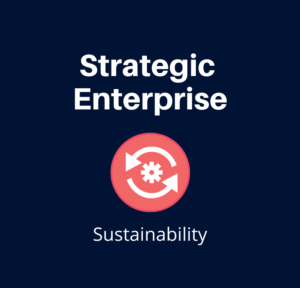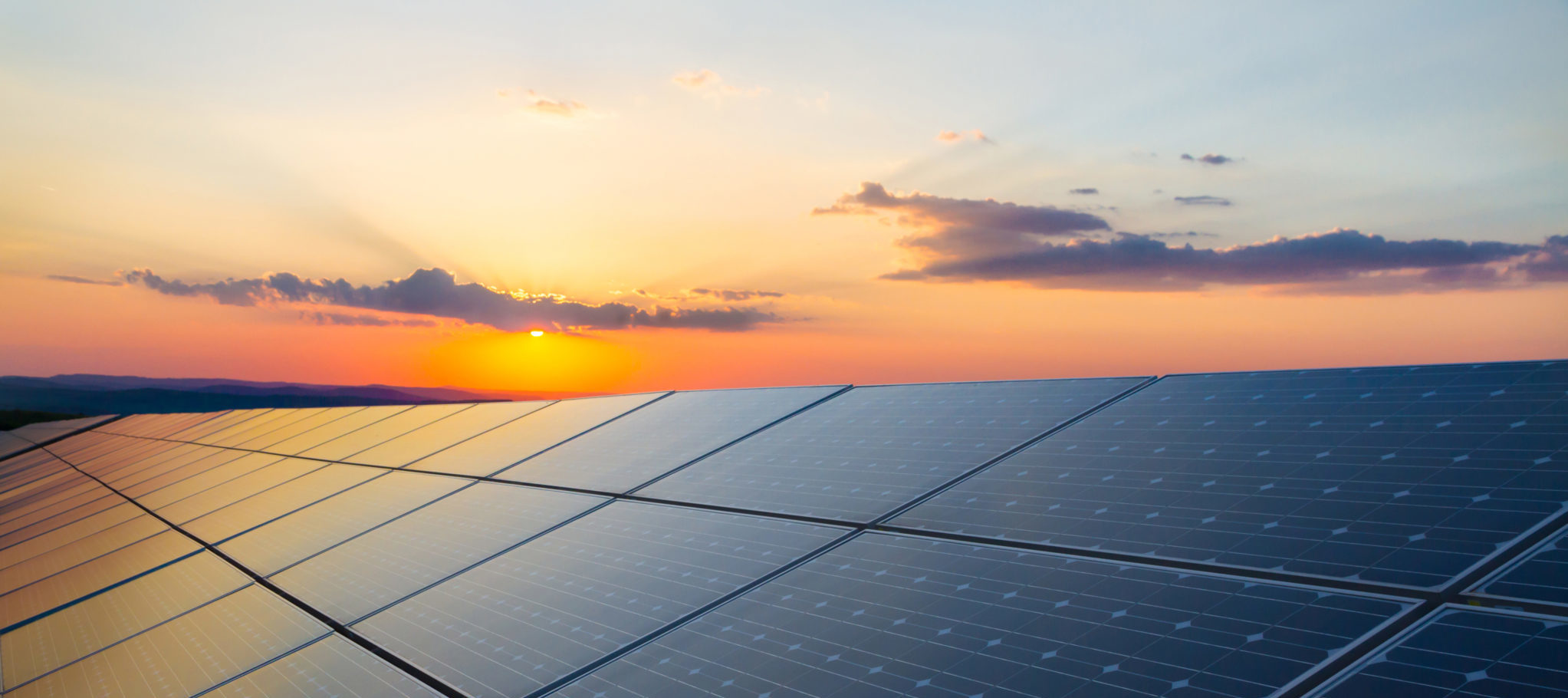
Renewable energy is the next step in the generation, distribution and procurement of energy in Australia. Currently making up less than 10% of total regional power production in Queensland, the state is striving to make renewable energy sources reach a target of 50% by 2030. The production and use of energy continue to raise ethical issues and questions, as the emissions of greenhouse gases contribute to global warming and air pollution. Solar power is the cleanest and safest source of energy in the world and will help St John’s reduce carbon emissions to maintain a cleaner environment. The installation of solar panels over much of our existing roof space will represent a strong visual statement of our commitment to sustainability.
Queensland based company GEM Energy has been engaged to install the 832 panels as experts in large scale solar installations throughout the country, including at over 50 schools.
The solar energy systems designed for St John’s will maximise the potential to generate power from the sun. Our historical energy usage has been mapped and overlayed against 20 years of averaged weather data for every hour of every day to see how it will affect our current energy consumption. As with most non-boarding schools, we are ideal candidates to reap the benefits of solar power generation with our peak power consumption taking place during daylight hours. With a capacity to generate 299 kW on the Secondary campus, and 97kW on the Junior campus, the new systems will have the potential to generate 564,634 kWh per year, offsetting more than half of our current annual consumption.
Introducing solar energy to schools presents a great teaching opportunity that can enrich the classroom with real-world examples of the benefits of renewable energy. This project also complements our commitment to foster a culture of sustainability where resources are optimised to minimise our impact on the environment – these include the installation of energy-efficient LED lighting, the provision of filtered tap water stations to discourage the use of bottled water and encouraging staff and students to print only when absolutely necessary.
The new solar power installations were completed and operational in January 2022 and generate up to 50% of our total peak hours of electricity consumption.
Mrs Karen Lewis
Business Manager






